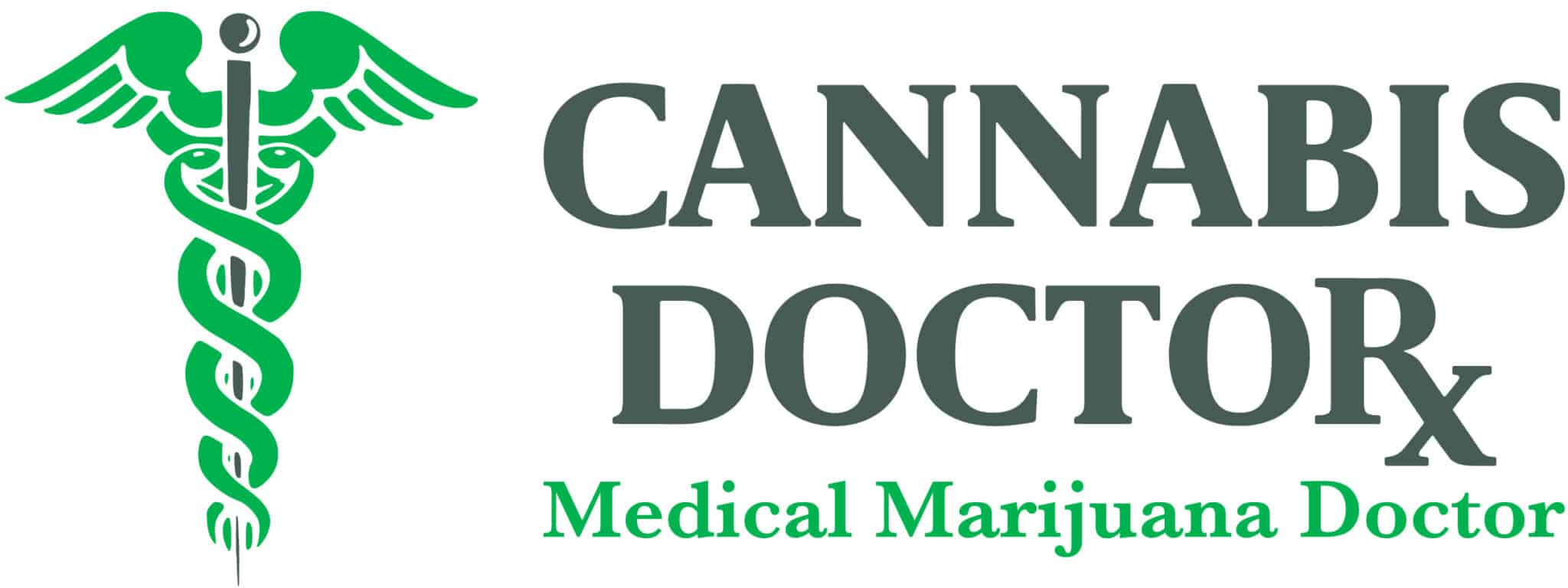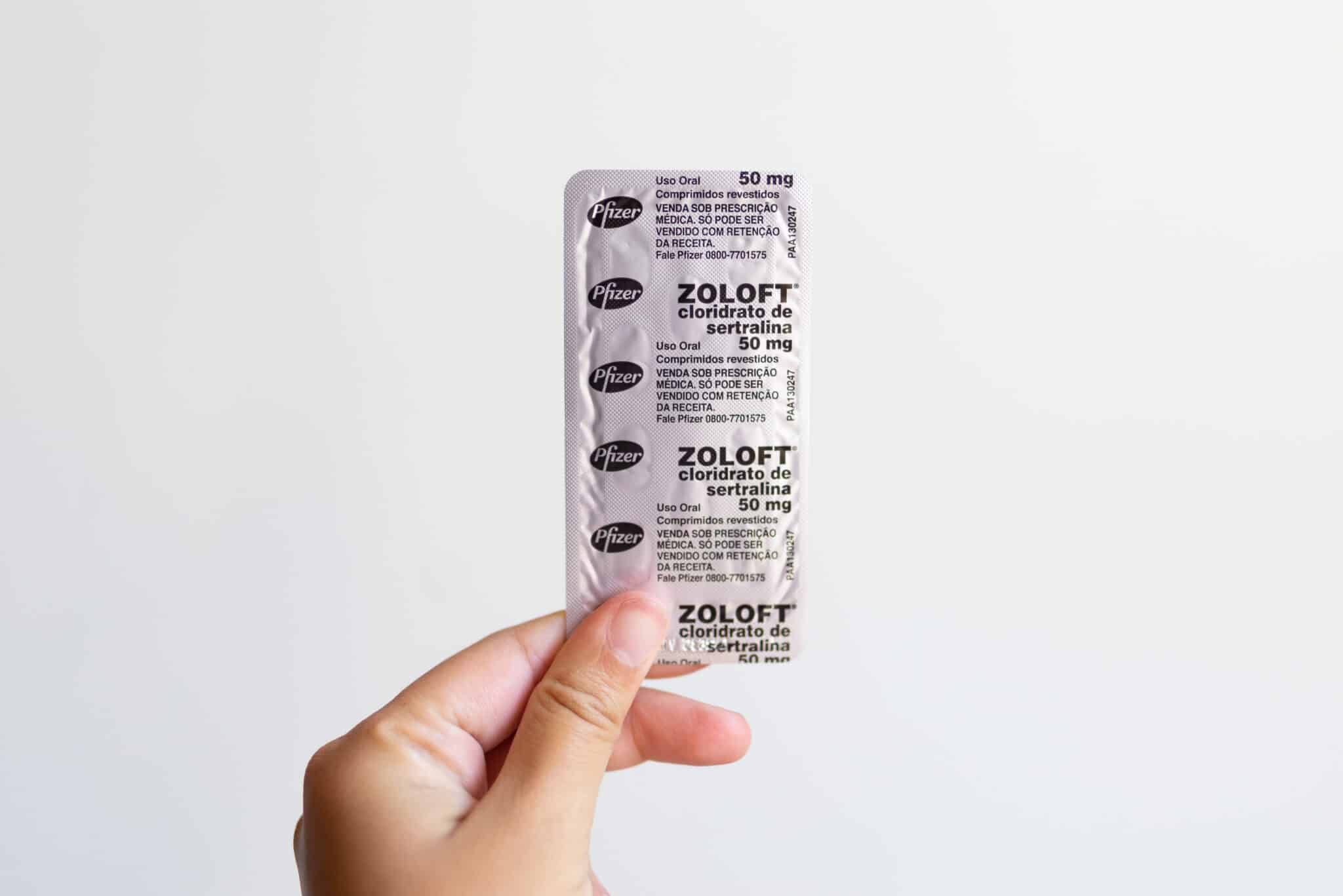Clinical depression is a serious mental health condition that can greatly impact an individual’s well-being and life quality. Often, healthcare providers recommend antidepressants like Zoloft (sertraline) to manage depression or anxiety symptoms. In places where marijuana is legal, some medical professionals may also suggest its use for similar reasons. Depressive disorders are among the qualifying conditions for those looking to obtain a medical marijuana card in the state of Florida.
Both options, when used separately, can have advantages and potential drawbacks. However, the question arises – is it safe to combine Zoloft and weed?
Potential Side Effects of Mixing Zoloft and Weed
There’s a consensus among many professionals that mixing Zoloft, an antidepressant, and marijuana could escalate the likelihood of negative psychological and physiological outcomes. For instance, studies indicate that this mix might lead to amplified heart rate and panic attacks. Additional complications could encompass:
- Fluctuations in heartbeat
- Cardiovascular complications
- Constant lightheadedness
- Excessive sleepiness
- Hypertension
- Serotonin imbalance syndrome
- Sleep disturbances
- Chest discomfort and breathing challenges
- Intense restlessness and irritability
- Profound anxiety
Effects of Zoloft Use
Zoloft, also known by its generic name sertraline, is a widely used medication for managing depression, anxiety, and post-traumatic stress disorder. It’s not uncommon for doctors to prescribe Zoloft for off-label purposes, meaning the drug is utilized for conditions other than those it was originally approved to treat.
Potential side effects of Zoloft may include unusual fatigue, excessive perspiration, increased thirst, insomnia, and headaches. Additionally, Zoloft has been reported to cause sexual dysfunction in some individuals.
When used correctly, Zoloft can enhance energy levels, boost appetite, elevate mood, and curb compulsive behaviors. As one of the most frequently prescribed antidepressants, Zoloft is generally considered safe by most healthcare professionals. However, prolonged use of Zoloft may lead to dependency, diminishing effectiveness over time, and withdrawal symptoms between doses.
Interestingly, Zoloft might heighten the risk of depressive feelings or suicidal ideation, which may seem paradoxical given the drug’s intended use. Different individuals may have varied reactions to the medication, and it’s crucial to inform healthcare providers if symptoms deteriorate or if there are thoughts of self-harm or harm to others.
Effects of Marijuana Use
As marijuana continues to be decriminalized and made accessible for both medicinal and recreational use nationwide, its popularity is on the rise. However, many people remain unaware of how marijuana functions or its effects on the brain. THC, the compound in cannabis that induces a high, engages with receptors in your brain’s endocannabinoid system.
The reasons individuals use marijuana differ, as do their responses. Some may have more potent reactions to cannabis than others, even if they’re using CBD products devoid of THC. The endocannabinoid system can influence mood, pain sensation, appetite, concentration, and memory.
Marijuana usage can induce feelings of euphoria, relaxation, dizziness, or hunger. On the other hand, it might lead to delusions, paranoia, memory impairment, and a quickened heartbeat. It’s crucial to remember that, even with a valid medical reason for using marijuana, if you’re experiencing undesirable effects, you should discuss your reactions with a Florida medical marijuana doctor and consider alternative treatments.
Risk Factors of Combining Zoloft and Marijuana
Increased Likelihood of Adverse Reactions to Zoloft
Studies show that marijuana can impede liver enzymes responsible for breaking down Zoloft, causing an abnormally high concentration of Zoloft in the bloodstream. As a result, any negative reaction to Zoloft previously experienced could resurface more intensely.
Excessive Serotonin
One of the mechanisms by which marijuana induces euphoria is through boosting serotonin production in the brain. Various doses of Zoloft are prescribed to manage different levels of anxiety or depression, with each dosage controlling the amount of serotonin received by the brain.
Mixing sertraline with cannabis can lead to an overabundance of serotonin in the brain. Symptoms of serotonin overload can include vomiting, restlessness, severe headaches, confusion, rapid heart rate, and muscle spasms.
Impaired Therapeutic Effectiveness
The opposing effects of Zoloft and marijuana on the brain and body make it difficult to determine the actual efficacy of Zoloft in improving patient wellbeing. Moreover, individuals who consume marijuana while on Zoloft may incorrectly assume that Zoloft isn’t effective and discontinue its use. This could exacerbate their depression and anxiety, leading them to depend more on marijuana for symptom relief.
Can Mixing Sertraline and Marijuana Be Life-Threatening?
The combination of Zoloft and marijuana can lead to significant consequences, although they are not typically directly fatal. The interaction between these substances can result in an elevated level of Zoloft in the blood.
Serotonin syndrome is a condition characterized by a spectrum of symptoms that may arise from the use of certain medications or drugs that interfere with serotonin production. Symptoms can vary from mild to severe and often include restlessness, elevated body temperature, hyperreflexia, tremors, profuse sweating, and diarrhea.
In severe instances of serotonin syndrome, more serious effects may occur. These can encompass seizures, irregular heart rhythms, high fever, and potentially life-threatening conditions. An often-underestimated risk of combining these substances is the fourfold increase in heart attack
Medical Marijuana and Depression
Research into the efficacy of medical marijuana for depression is still in its early stages. Some scientists suggest that potential advantages could include stabilizing mood and reinstating “normal” endocannabinoid function.
Researchers at the University at Buffalo are exploring the potential of medical marijuana as a treatment for depression resulting from chronic stress. The institution’s Research Institute on Addictions (RIA) is specifically investigating endocannabinoids, which are naturally occurring chemical compounds in the brain.
The introduction of cannabis may help reestablish normal endocannabinoid levels and functionality, potentially alleviating depression symptoms. Further investigations are required to fully understand the potential benefits and drawbacks of using marijuana as a possible treatment for individuals with depression.
Give us a call today to speak to a professional to see if getting your medical marijuana card can help you.



